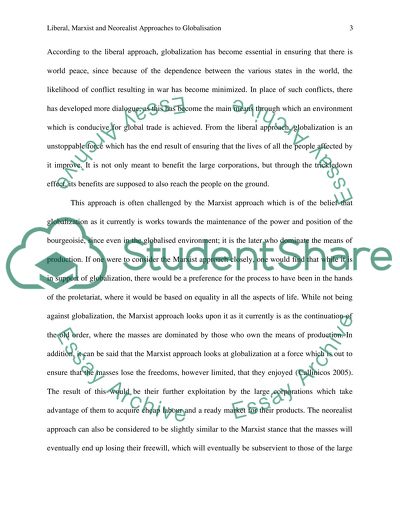Cite this document
(“What are the similarities and differences between the liberal, Marxist Essay”, n.d.)
Retrieved from https://studentshare.org/history/1493548-what-are-the-similarities-and-differences-between
Retrieved from https://studentshare.org/history/1493548-what-are-the-similarities-and-differences-between
(What Are the Similarities and Differences Between the Liberal, Marxist Essay)
https://studentshare.org/history/1493548-what-are-the-similarities-and-differences-between.
https://studentshare.org/history/1493548-what-are-the-similarities-and-differences-between.
“What Are the Similarities and Differences Between the Liberal, Marxist Essay”, n.d. https://studentshare.org/history/1493548-what-are-the-similarities-and-differences-between.


